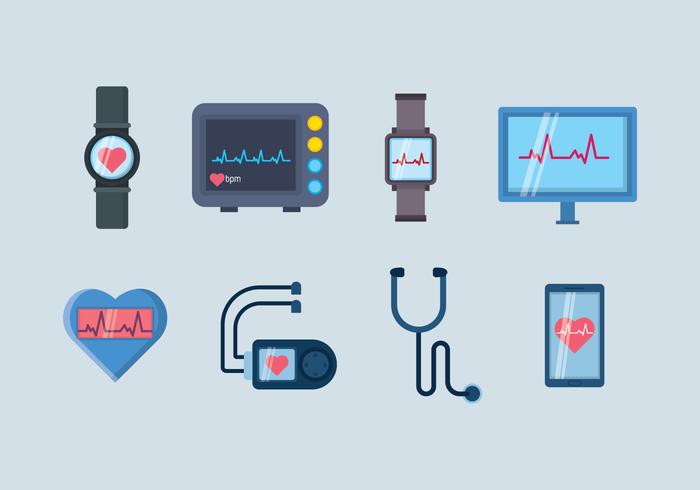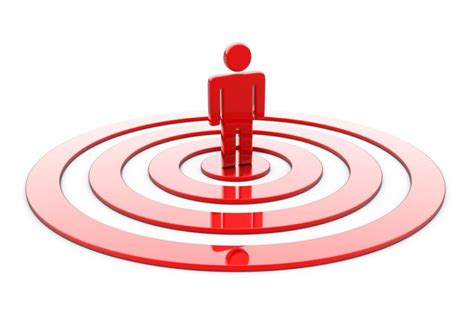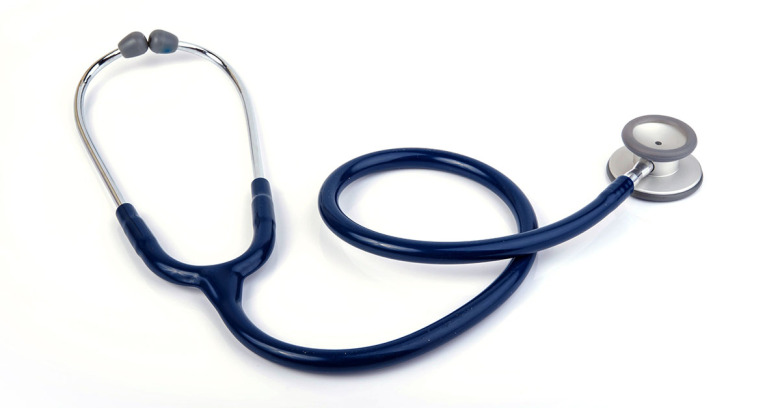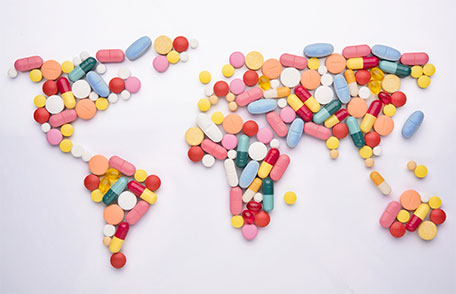Medical Device Regulatory Consulting
We work with a partner specialised in medical devices field. Let our senior consultants' experience in the medical devices industry help your business grow.

SFDA Approval Process
Prior to being sold in the Kingdom of Saudi Arabia (KSA), medical
devices must receive marketing authorization from the Saudi Food and
Drug Authority (SFDA) under Interim Regulation (1-8-1429) issued on
December 27, 2008.
Your device must have prior market authorization in one of the following reference markets: Australia, Canada, European Union, Japan, or the USA. The device classification in your reference market will determine the classification of your device in the KSA.
Appoint a KSA Authorized Representative (AR) to manage your device registration in Saudi Arabia. Your representative must be licensed with the Saudi Food and Drug Authority (SFDA) and you must have the contract legalized between you and your AR
Your KSA AR must present the legalized AR contract to the SFDA for review and will obtain a License permitting them to represent you in the Saudi market. You can make the validity of the contract up to 10 years, in which case you only renew every 10 years; however, you still have an annual retention fee every year.
Prepare Medical Device Marketing Authorization (MDMA) application and submit through your AR. The application includes device labeling, IFU, promotional materials, proof of regulatory approval in your reference market and quality system certification (if applicable). Labeling, promotional materials and IFU must be in English and Arabic. English only is acceptable for professional use devices. Pay application fee.
The MDMA application is reviewed f or completeness by the SFDA, then
passed to a third-party Conformity Assessment Body (CAB) for technical
review. The review is rigorous and detailed. Multiple rounds of
questions are not uncommon.
The SFDA makes the final decision based on recommendations of the CAB. Once the device is approved, the SFDA issues an MDMA certificate and you may begin marketing your device in KSA.
Device registrations are valid for the remaining term of validity in the reference country you have chosen (if there is an explicit expiration date), or three years if the regulatory approval is open ended (example: FDA 510(k) clearance).
The SFDA’s requirements
Medical devices are regulated by the Saudi FDA. Under the SFDA’s requirements, medical device companies must appoint an authorized representative and obtain market authorization from the SFDA. The SFDA bases its market authorization on prior approval in a reference jurisdiction (Australia, Canada, Europe, Japan or the United States); registration applications are reviewed by third-party Conformance Assessment Bodies in Saudi Arabia.
Through our global network of in-house consultants, industry contacts and regulatory sources, FDMIC can provide in-depth analysis of medical device markets including Saudi Arabia. Our Global Regulatory Overview report service on the Saudi Arabian medical device market covers the following:
- SFDA Regulatory Background
- Product Assessment
- In-Country Representation in Saudi Arabia
- Medical Device Registration Requirements
- Device grouping strategy (for systems, families, etc.)
- Costs and Timelines Assessment
- Labeling and Language Requirements
- Regulatory Roadmap for Saudi Arabia
Market Surveillance
Market surveillance shall mean the activities carried out and measures taken by public authorities to ensure that products comply with the requirements set out in the relevant Community harmonisation legislation and do not endanger health, safety or any other aspect of public interest protection;
Implementation of market surveillance at national level
Countries must ensure effective surveillance of their markets. They are required to guarantee that:
- products placed on the market are monitored
- the marking and documentation requirements have been respected
- products have been designed and manufactured in accordance with countries harmonisation requirements
- market surveillance authorities have the necessary powers, resources and knowledge to perform their functions
- procedures are put in place for following up complaints and monitoring accidents
- market surveillance programmes are established, implemented and periodically updated
- the functioning of surveillance activities is reviewed and assessed at least every four years










Connect with Us
Connect Us Today for More Info - (973) 3399 9044